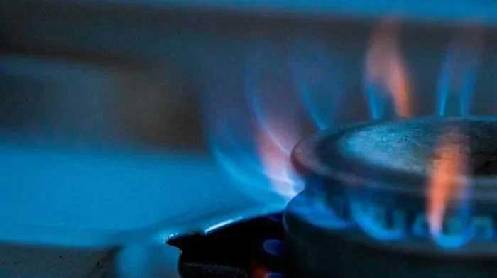KARACHI: Bin Qasim Association of Trade and Industry (BQATI) has protested against the massive hike in industrial gas tariffs.
In a general body meeting held at the BQATI Secretariat here the other day, the association decided that, in addition to demonstrations, no export days would be observed unless the government pays serious attention to Karachi’s industries and reconsiders the decision to increase the gas tariff, introducing a fair industrial tariff.
BQATI President Abdul Rasheed Janmohmmad said other town associations, linked with the Sui Southern Gas Company Ltd.’s (SSGCL) network, would also hold their extraordinary general meetings shortly so that a united stand could be taken on the deciding dates of joint protests and other activities.
He informed the BQATI members that they had taken up the matter with the higher officials of the government. Various meetings were held with the Federal Ministers of Energy and Finance in Islamabad and Karachi, and the caretaker Prime Minister was also apprised of the concerns of the industries related to SSGC.
He said the Oil and Gas Regulatory Authority (OGRA) determined the industrial gas tariff of Rs 1,350 MMBTU, but the energy ministry has unilaterally further increased the tariff by 100–130 percent, on which industries cannot operate.
The export industries have demanded a fair industrial gas tariff of Rs 1,350 per MMBTU, failing which a huge number of export industries will be closed. The industries of Karachi have rejected the exorbitant increase in gas tariffs due to the burden of cross-subsidies given to fertilizers and the domestic sector, which they principally do not deserve.
Patron In-chief BQATI Mian Muhammed Ahmed said the industries have never received any subsidies from the government for gas tariffs and were rather burdened with cross-subsidies.
The high gas tariff has made the export-oriented industries unviable and uncompetitive in international markets at a time when the country direly needs foreign exchange to control the swelling trade and current account deficits.
He feared that the government’s decision would destroy exports, induce massive industry closures and layoffs, and create massive labor retrenchments. This may increase street crime and potentially lead to manufacturing unit bankruptcies.







